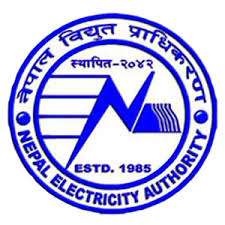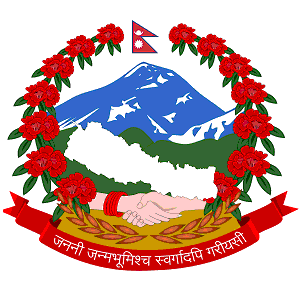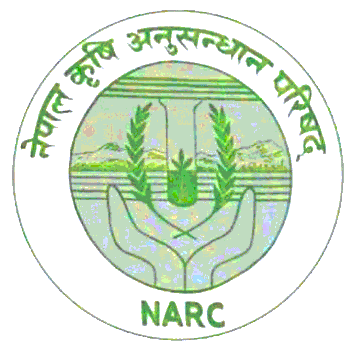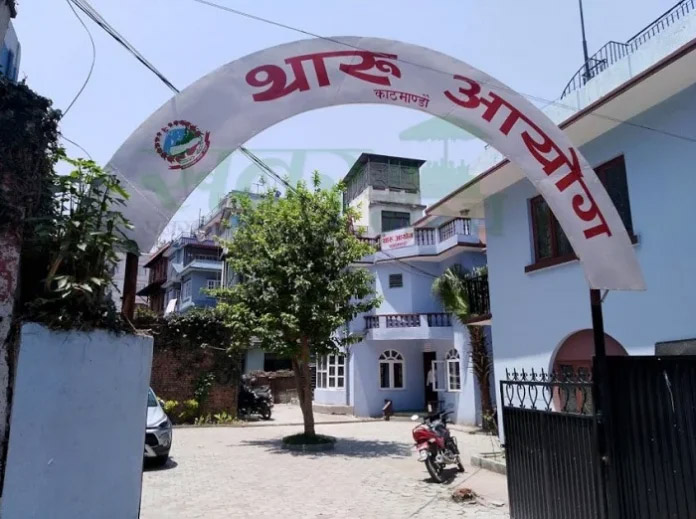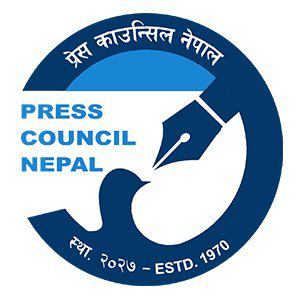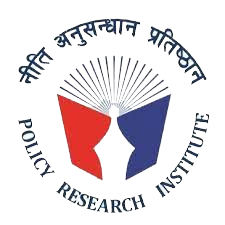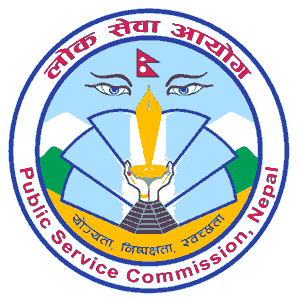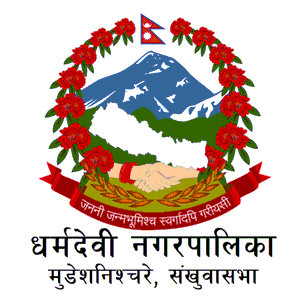Overview
The Ministry of Education, Science, and Technology (MoEST - शिक्षा, विज्ञान तथा प्रविधि मन्त्रालय) was established in 1951. It is located on Singha Durbar premises in Kathmandu, Nepal. The MoEST is an apex body of all educational organizations responsible for Nepal's overall education development. It formulates educational policies and plans and manages and implements them across the country through the institutions under MoEST.
The Ministry's Central Level Agencies (CLAs) are responsible for designing, implementing, and monitoring various programs. Five Regional Education Directorates (REDs) are responsible for monitoring the programs undertaken by district-level organizations. It also has Seventy-Seven District Education Offices (DEOs) and One Thousand Ninety-one (1091) Resource Centres (RCs) at the local level, which are mainly the implementing agencies of the educational policies, plans, and programs.
The Ministry of Education coordinates and facilitates the implementation of educational reform programs, the formulation of educational plans, and the country's overall education policy. The University Grants Commission coordinates and facilitates the formulation of policies and programs related to higher education. At the same time, the universities conduct their educational programs.
The Teachers Service Commission has selected, appointed, and promoted teachers at the school level. The National Examination Board has conducted and managed the Secondary Education Examination (Class 10) and Secondary Education Passing Examination (Class 12).
Education and Human Resource Development Center has been established with the responsibility of implementing projects related to school education. Programs associated with coordinating, facilitating, and preparing progress reports of educational programs conducted at the local level and the provinces are being edited from the center. The necessary training courses for teacher professional development, development of training packages, and development of audio and audio-visual learning materials have been done through the center.
The Curriculum Development Center has developed and revised school curricula and worked on textbook development. The Technical Education and Vocational Training Council and provincial offices are conducting technical education and training programs to build the country's middle-level technical manpower.
The Educational Quality Testing Center tests school education achievement and performance and suggests improvements. The National Library (Teachers) is responsible for managing teachers' records. The National Library, Keshar Library, and Dilliraman-Kalyani Regmi Memorial Library operate to develop a reading culture and expand opportunities for continuous learning. Similarly, there is a Janak Shiksha Material Center for printing and distributing school-level textbooks.
Nepal Academy of Science and Technology (NAST), National Forensic Science Laboratory, BP Koirala Memorial Planetarium Observatory, and Science Museum have been established and operational for the latest discovery and research work in science and technology.
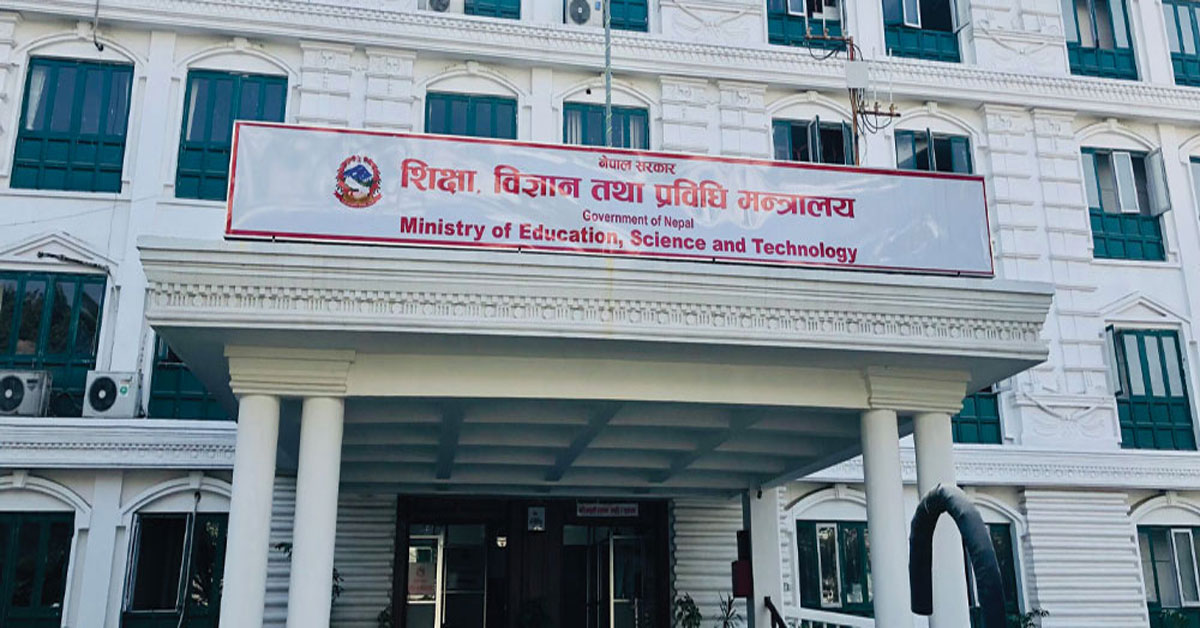
According to the Government of Nepal (Division of Work) Regulations, 2074, the work area of the Ministry is as follows:
-
Policies, laws, standards, and regulations relating to education;
-
Central University-related policies, laws and standards;
-
Relations with foreign universities, equivalence determination, accreditation, coordination and regulation;
-
Policies, laws, and management relating to central libraries;
-
Human Resource Need Projection, National Education Plan, and Human Resource Development;
-
National Curriculum Format for School Level Core Subject Curriculum Model Textbooks and Regulations;
-
National Policy on Technical Education and Vocational Training, Curriculum Format, Criteria for Eligibility and Skill Testing;
-
Policy and standards of service, conditions, qualifications, and equivalence of school-level teachers;
-
Teacher training policies, standards and grading, curriculum format, qualification determination; Standardization of skill testing and coordination with training centers;
-
National standards for school-level exams, management of secondary-level exams, and determination of equivalency;
-
Acknowledgment of educational institutions operating under diplomatic missions;
-
Accreditation and regulation of educational institutions affiliated with foreign educational institutions;
-
Coordination of provincial and local level educational matters;
-
University Grants Commission Central University Open University and Central Level Educational Institutions;
-
policies and standards regarding scholarships and bursaries;
-
Policies, laws, and standards related to educational studies research;
-
National Academic Research and Educational Data Management;
-
Educational quality standards determination, measurement, and regulation;
-
National Examinations Board, Council for Technical Education and Vocational Training;
-
Policies, laws, and standards related to science and technology;
-
Scientific, Astronomical and Astronomical Studies Research;
-
discovery, research, invention, promotion, and development of science and technology;
-
Science and technology data collection, processing, and survey standards;
-
Establishment, management, and regulation of data systems related to nuclear technology, quality, and use of radioactive materials;
-
Use and promotion of biological and nuclear technologies;
-
Ozone Study Solar Radiation Measurement and Information Flow;
-
Scientific instrument calibration and verification;
-
Control and regulation of the use and promotion of chemical substances;
-
Discovery and recovery and management of nuclear materials, waste resources;
-
policies, laws, standards, implementation, and regulation related to nuclear energy;
-
Nepal Academy of Science and Technology, National Institute of Legal Sciences Planetarium Observatory and Science Museum;
-
Treaties, agreements, conventions, contacts, and coordination with national and international organizations related to the Ministry;
-
Operation and regulation of ministry-related public institutions, authorities, committees, foundations, companies, etc.;
-
Operation of Nepal Education Service (except Archeology Group).
The management structure of education
Nepal has a Ministry of Education for policy formulation and coordination of all education-related plans and programs. The University Grants Commission coordinates the support and operation of the higher education policy. At the same time, the universities are free to conduct their activities.
Under the Ministry of Education, the Department of Education formulates, implements, and manages the annual school education plan. The Department of Education implements, monitors, and manages the educational plan through the District Education Offices. The management committee in each school is responsible for the operation and management of the school.
There is an educational manpower development center at the central level for teacher development and 34 training centers under it. These training centers conduct various types of teacher training. Arrangements have also been made to support teachers and schools in improving teaching and learning through resource centers established in some groups of schools. At present, 1053 resource centers are operating across the country. The regional education directorates in the five development regions also assist in monitoring and coordinating program implementation.
Under the Ministry of Education, the Examination Control Office for the management of SLC examinations at the central level, the Curriculum Development Center for the development and revision of course textbooks, the Non-formal Education Center for the operation and management of non-formal education programs, the Teachers' Library for the management of teachers' records and the Educational Testing Center for testing and recommending the quality of school education.
The Higher Secondary Education Council administers higher secondary level affiliation and examinations. In contrast, the Technical Education and Vocational Education and Training Council administers technical education and vocational training programs (except university programs), including short-term training, technical entrance and diploma-level programs, and skill testing. Training is provided through the Council.
The Ministry of Education operates two central libraries (the National and Keshar Libraries) and one autonomous library (the Dilliraman-Kalyani Regmi Memorial Library). It also owns the Institute for Printing and Distribution of Textbooks.
Division and Branches:
-
Administration Division - 014200356 [email protected]
-
Staff Administration and Good Governance Promotion Branch - 014211990/4200379
-
Internal Management Branch - 014200453
-
Law and Judgment Implementation Branch - 014211960
-
Economic Administration Branch - 014200360
-
Planning and Monitoring Division - 014200383, (Fax) [email protected]
-
Development Assistance Coordination Branch - 014200381
-
Monitoring and Evaluation Branch - 014200382
-
Planning and Budget Branch - 014200383
-
Human Resources, Development Planning and Coordination Branch - 014200383
-
Statistics, Policy and Research Branch 014211983
-
Technical and Vocational Education Division - 014200387 [email protected]
-
Private and Cooperative Organizations Coordination Branch - 014200340
-
Vocational Training Promotion Branch- 014200559
-
Quality Accreditation Branch - 014200358
-
Educational Technology and Electronic Governance Branch 014211985
-
Division of School Education - 014211985 [email protected]
-
Early Childhood Education and School Nutrition Branch
-
School Education Branch - 014211985
-
Voluntary Mobilization and Visa Branch
-
Library Coordination and Archives Branch
-
Alternative and Continuing Education Branch
-
Higher Education Division - [email protected]
-
Higher Education Branch -014200340
-
2 Overseas Study Permit Branch 01-6635419, Sanothimi, Bhaktapur
-
Academic Counseling and Certification Branch - 016630907, Sanothimi, Bhaktapur
-
Scholarship Branch -016635442, Sanothimi, Bhaktapur
-
Science Technology Division - [email protected]
-
Scientific Research Branch
-
Innovation and Innovation Branch
-
Appropriate technology branch
-
Space and Emerging Technologies Branch
-
Division of Nuclear Materials Management
-
Standards, Quality, and Statistics Branch
-
Licensing, Regulation, and Investigation Branch
-
Chemicals and Laboratory Management Branch



